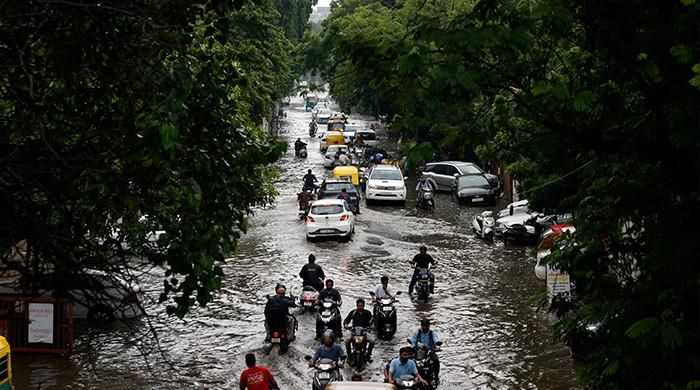MUMBAI: India is forecast to receive above-average rainfall in September after surplus rains in August, the meteorological department said on Saturday.
Rainfall in September is likely to exceed 109% of the 50-year average, Mrutyunjay Mohapatra, director general of the India Meteorological Department, said at a virtual news conference.
Above-normal rainfall could damage summer-sown crops such as rice, cotton, soybeans, corn and legumes, which are typically harvested from mid-September onwards.
Crop damage can lead to food price inflation, but rain can also increase soil moisture, benefiting the planting of winter-sown crops such as wheat, rapeseed and chickpeas.
India, the world's second-largest producer of wheat, sugar and rice, has imposed several export restrictions on these agricultural products, and any losses due to excessive rainfall could prompt New Delhi to extend those restrictions.
After receiving 9% more rainfall in July, India had 15.3% more rainfall than average in August as the northwest and central regions of the country received heavy rains that led to flooding in some states.
The country has recorded 6.9% more rainfall than average since the start of the monsoon season on June 1.
The monsoon, the lifeblood of a nearly $3.5 trillion economy, provides nearly 70 percent of the annual rainfall India needs to irrigate farms and replenish reservoirs and aquifers. Without irrigation, nearly half of the country's farmland depends on the rains that typically fall between June and September.
The monsoon usually begins to retreat in mid-September in the northwestern state of Rajasthan and ends across the country by mid-October.
However, forecasts for September indicate that this year's withdrawal could be delayed.
“The forecasts for September indicate that heavy rainfall in Rajasthan and Gujarat will begin around September 15. Currently, if we look at the forecasts, the withdrawal is getting delayed,” Mohapatra said.
By mid-September, summer-sown crops are ready for harvest, and rains during this time could damage mature crops, said a Mumbai-based dealer with a global trading house.












